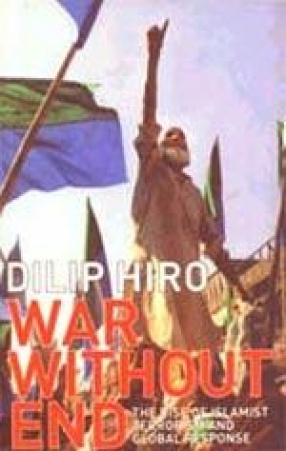Since the partition of India in 1947, the history of the Indian subcontinent has been hostage to endless conflicts between India, Pakistan and Afghanistan. Over the last decade and more, the region has borne the brunt of terrorist violence perpetrated by fundamentalist Islamic groups which originated and thrived in Afghanistan as a counterforce to the large presence of Soviet troops in the 1980s. Jihadists from Pakistan, assisted by the newly formed Al Qaida, have focused on liberating Kashmir from India, leading to a backlash in India. The overarching aim of jihadist organizations in South Asia is to escalate tensions between Pakistan and India, raising the prospect of nuclear conflagration between the two nations. The Line of Control in Kashmir is the most dangerous border in the world and will remain so until and unless the jihadist movement in the region is defeated. So it is imperative to understand the complicated equation involving Afghanistan, Pakistan and India.
Jihad on Two Fronts attempts to do just that. With his extraordinary understanding of the region and of all the players in the complex matrix, Dilip Hiro shows how the interrelated jihadist movement in Afghanistan and Pakistan have affected India and how the scenario poses a serious threat to the more than 1.5 billion people who inhabit the region.








There are no reviews yet.